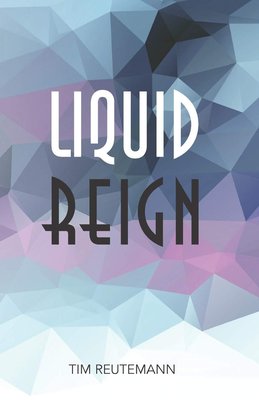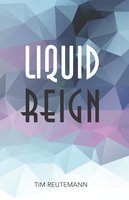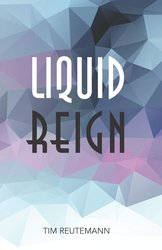Liquid Reign is a work of speculative fiction, imagineering a fairly liveable future in 2051, neither dys- nor utopian.Melting the boundaries between science and fiction into a novel format, each chapter provides links to the sources of inspiration influencing it – ranging from Jean Jacques Rousseau‘s social contract of 1762 to blockchain startups from 2018. Check www.liquid-reign.com"A vertiginous rollercoaster of ideas and a unique take on the future of (un)governance, delivered with irrepressible, unruly energy."– Jamie King of the Pirates, Host "Steal this Show""Tim Reutemann has become one of my favorite big brain boys over the past few months. In his book Liquid Reign he explores the future of democracy and civics in a way I have never seen done before... "- TheBurgerkrieg, Edgy Youtuber"Liquid Reign is a SciFi Novel about technology and our future and AI an all sorts of awesome shit and how it's gonna affect our world"- Jarred "PiG" Krensel, Ex Pro-Starcraft Player and e-Sports commentator "Wooow, what a reading experience - truly immersive! A world with liquid democracy, artificial intelligence,universal basic income and a limit on wealth accumulation. After you‘ve read the book, you have a feeling of a possible future.“– Raphel Fasko, Mastermind of the Circular Economy






